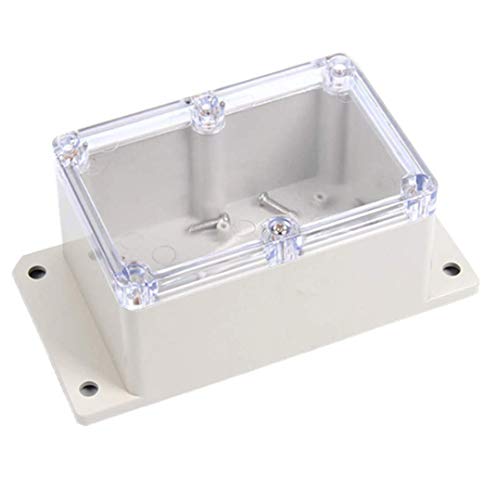had an an alarm panel/bell to replace today. old alarm falling off wall, fairly old, and no use. wiring inside alarm was very good, all cores twisted, well marked what cable was what etc, generally a good install. then the bad point. there was no power supply to it. followed the flex back and found it was doubled up into a 5A round pin socket in the cupboard...
... this 5A socket is the switched supply for heating pump. i have no idea what he was thinking when he connected flex to there...
ended up adding FCU next to socket on other side of wall
... this 5A socket is the switched supply for heating pump. i have no idea what he was thinking when he connected flex to there...
ended up adding FCU next to socket on other side of wall































































